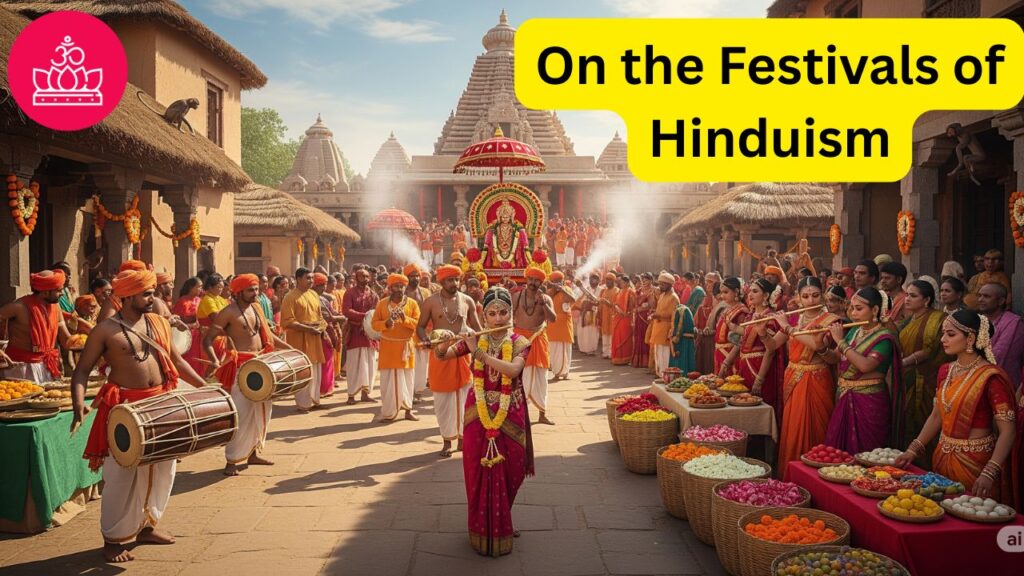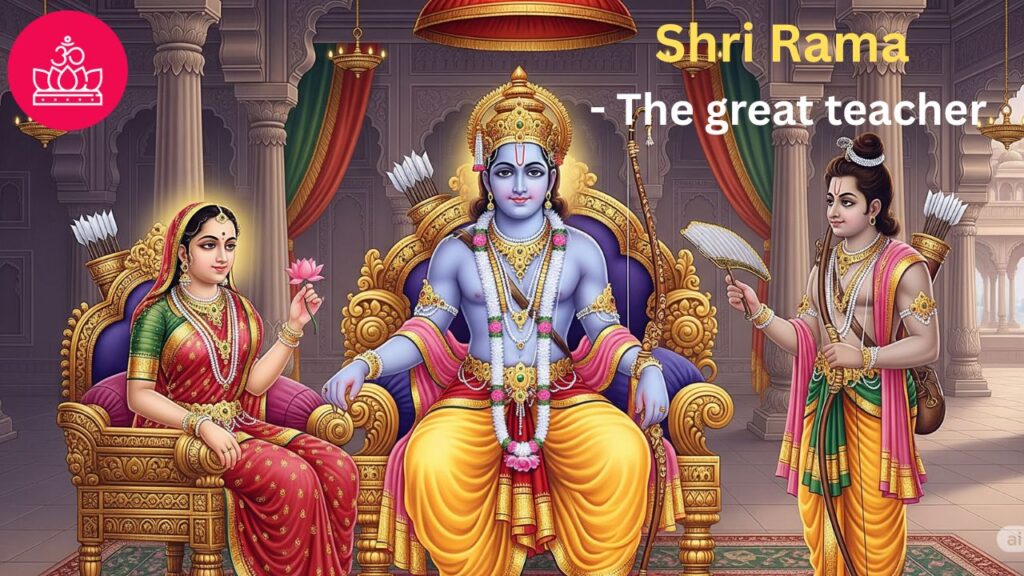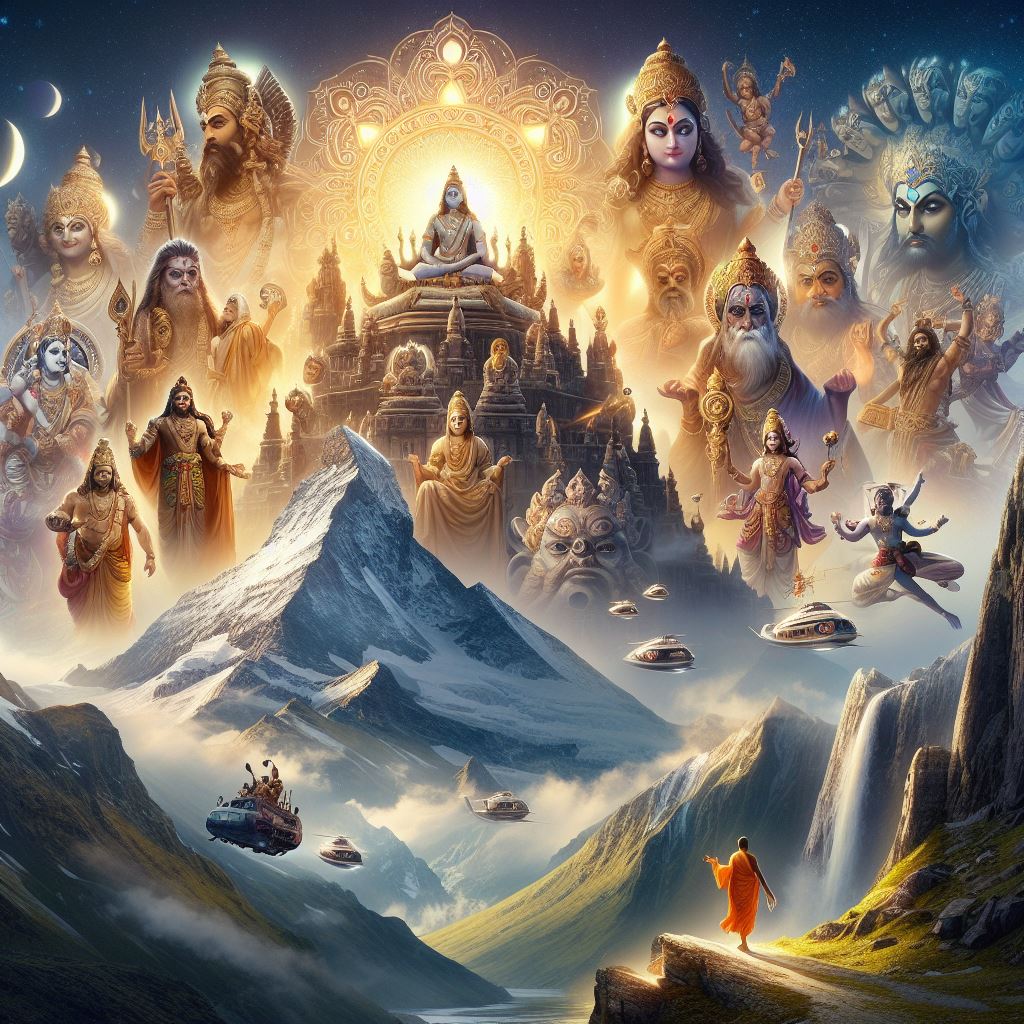The ‘daṇḍa (punishment)’ is a state’s concern rather than an individual’s responsibility. If every aggrieved person starts taking the law in their hands and goes punishing the offenders, that would lead to anarchy and chaos. When a King punishes a criminal, he doesn’t do that in personal interest; rather the punishment is accorded keeping community welfare in the mind. Also, the punishment is given just in the proportion of the offence committed. Decision is taken keeping the ‘daṇḍanīti (penal code)’ in reference instead of basing the decisions on emotions. No other person other than the offender is harmed in such a model.
On the other hand, when it comes to an individual’s personal vengeance, often humans cross the boundaries of objectivity and more often than not inflinch pain on the opponent in much larger proportions than the measure of the offence committed. The decisions are based on the intensity of the wrath and many a times the harm is extended to others like family members and friends of the offender as well even if they do not have any involvement in the offence. An individual’s vengeance arises from wrath and not out of judgement of the mind. Here we’ll learn about – THE GLORY OF KṢAMĀ (FORGIVENESS)







